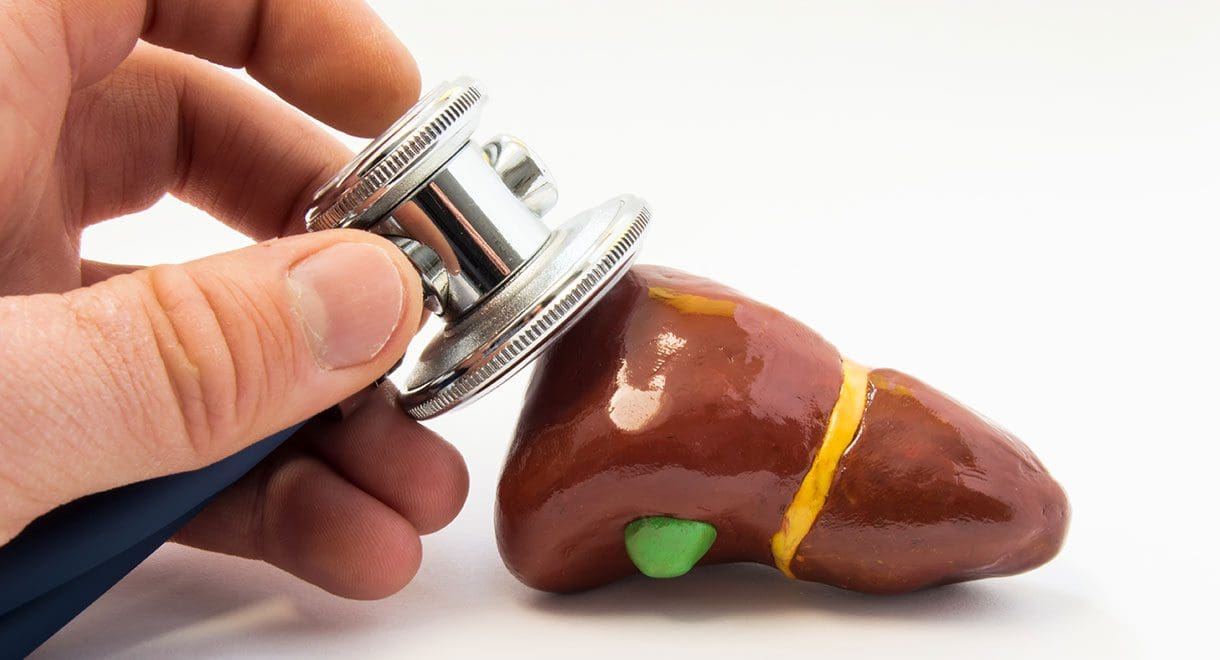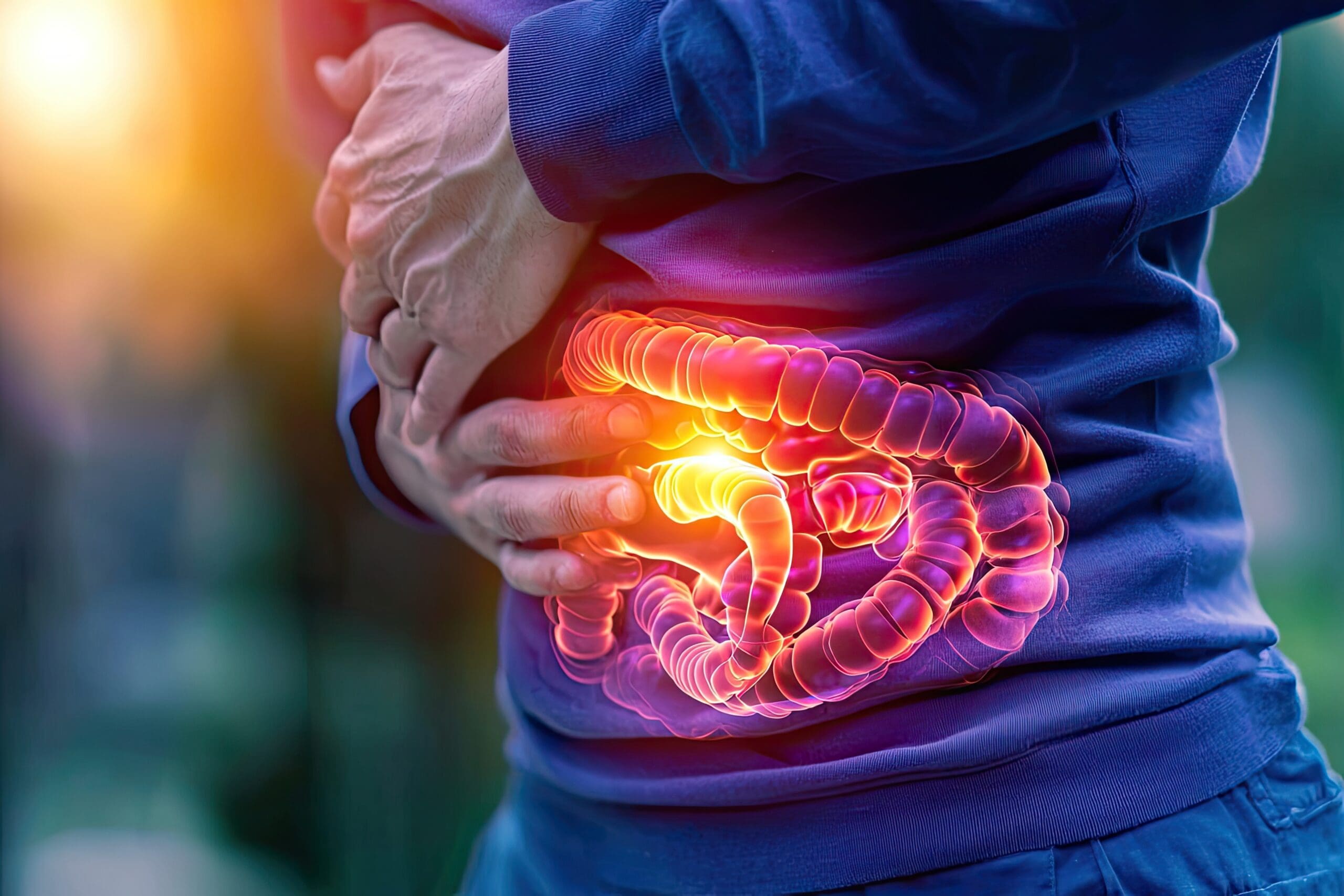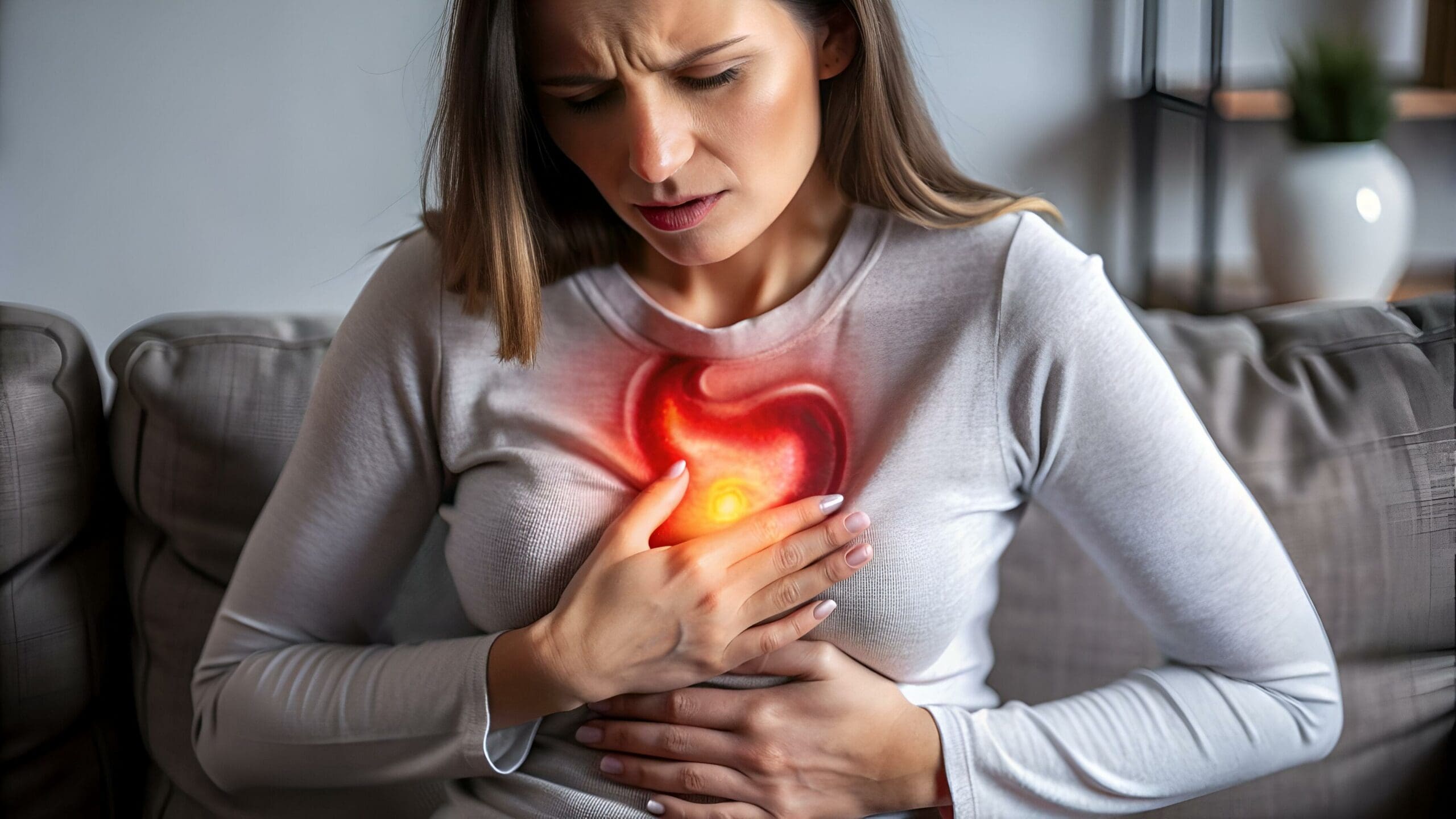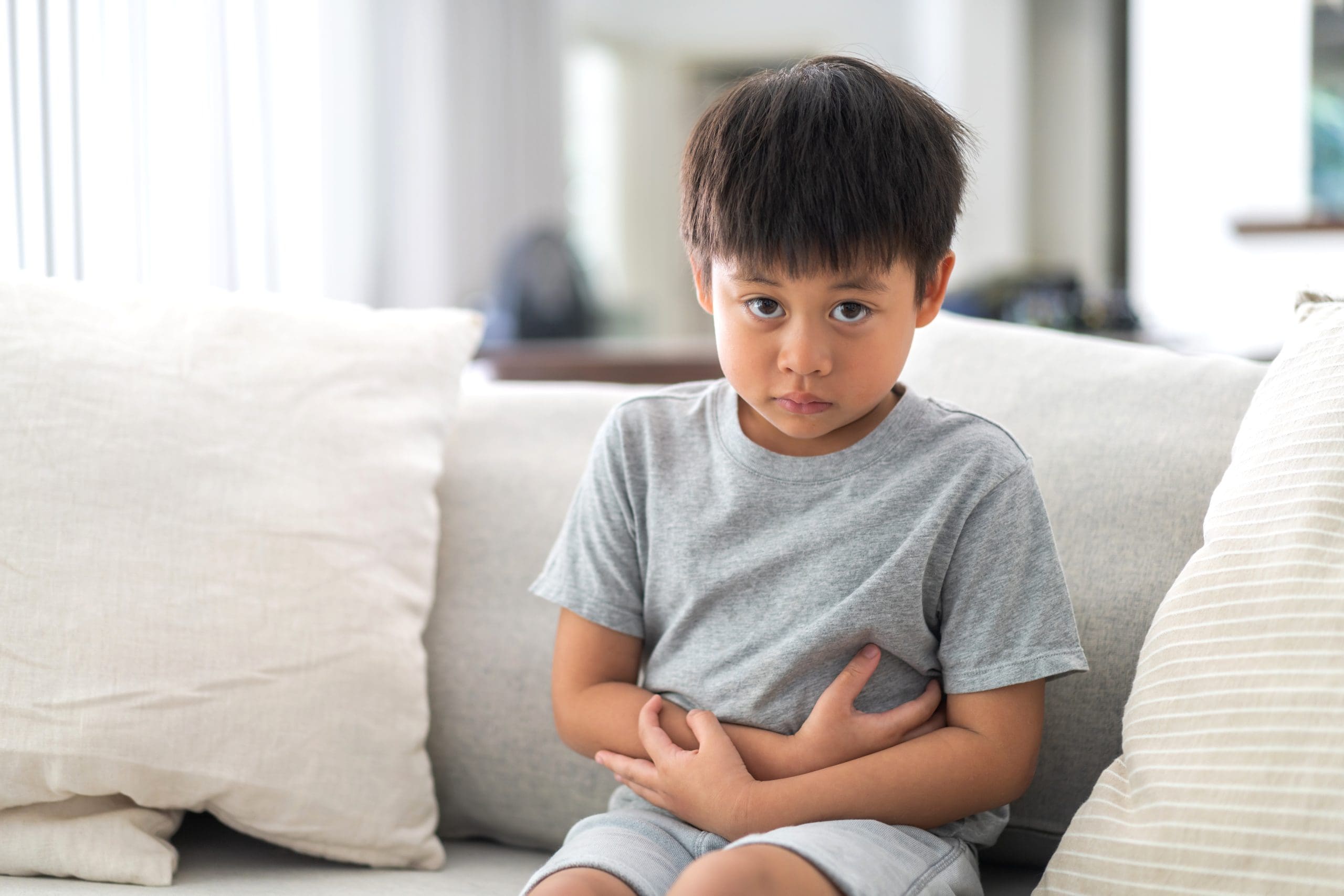Are your symptoms caused by your gallbladder?
By naturopath Margaret Jasinska
Digestive symptoms are extremely common. Bloating, gas, nausea and abdominal discomfort affect a lot of people. How do you know if your symptoms are due to IBS, a liver condition or your gallbladder? It’s important to always see your doctor for a diagnosis, but this article may give you some clues, and tips for resolving your symptoms.
Sometimes symptoms of a sluggish liver and/or sluggish bile flow can be interpreted incorrectly as gallbladder disease and the solution is actually to improve liver function. There may be excessive pressure inside the bile ducts within the liver and this occurs before the bile ducts get to the gallbladder. This increased pressure inside the bile ducts can be caused by thick toxic bile or an inflamed liver.
A fatty liver is swollen and congested with fat; this can cause bile flow to be sluggish, resulting in increased pressure and discomfort over the liver, which is the right side of the mid abdomen.
If the increased pressure remains in the bile ducts, this can result in back pressure in the bile ducts, which can cause liver cysts. These cysts are small to begin with, but if nothing is done, these cysts can grow in size and become painful.
Other conditions
Sometimes other problems can masquerade as gallbladder conditions. Some of them include:
- Stomach inflammation known as gastritis – this may be caused by infection with bacteria known as Helicobacter pylori
- Reflux of acid from the stomach back into the oesophagus
- Ulcers in the stomach or duodenum
- Food allergy or intolerance
- Gluten intolerance
- Liver cysts caused by sluggish bile flow
- Fatty liver with liver congestion
- Severe emotional stress causing spasm in the smooth muscle in the gut
- Adverse drug reactions from anti-inflammatory drugs which can upset the liver and stomach
If a patient presents with symptoms that could be due to gallbladder disease, the doctor will order various tests such as:
- Blood tests for liver function.
- Imaging tests of the upper abdomen to visualise the liver, gallbladder, bile ducts and pancreas such as an ultrasound scan, CT scan, MRI scan or a HIDA scan.
- A HIDA scan is a nuclear imaging procedure to evaluate the health and function of the gallbladder. A radioactive tracer is injected through a vein, then allowed to circulate to the liver, where it is excreted into the biliary system and stored by the gallbladder. Normally the gallbladder is visualized clearly within 1 hour of the injection. If the gallbladder is not visualized within 4 hours after the injection, this indicates either gallbladder inflammation or cystic duct obstruction.
- An MRI scan of the liver and gallbladder is very accurate but can be expensive.
It is not uncommon to find gallstones using these various imaging techniques, even in people with no symptoms, and these gallstones may or may not be the cause of the symptoms. However once the gallstones are detected, they are usually blamed for the patient’s symptoms.
It’s usually best to try and keep your gallbladder
You may be talked into having your gallbladder out at the earliest convenience. The surgeon may tell you, “Why not get it removed; it’s not important and it’s making you sick?” Another common thing that doctors will say is “After your gallbladder is removed, you can eat whatever you like without any more pain”.
We disagree for several reasons –
- The gallbladder concentrates the bile and supplies a quick shot of bile into the small intestine during a meal – this facilitates the digestion and absorption of fats.
- The gallbladder may not be the cause of any of your symptoms and may not be making you sick.
- The gallbladder may be the cause of only a few of your symptoms and having it out may not relieve all your symptoms.
- After your surgery, if you eat whatever you like, you will probably get a fatty liver and gain a lot of weight. You may also develop stones within bile ducts inside your liver.
- Any operation carries significant risks and if you get complications, you may end up worse off.
- You do not need to panic if you have a grumbling gallbladder – why not try to treat the cause first – namely improve your liver function so your liver can make healthy bile allowing your gallbladder to heal
For detailed information and practical solutions, see our book Save your gallbladder naturally, and what to do if you’ve already lost it.









Very informative Thanks